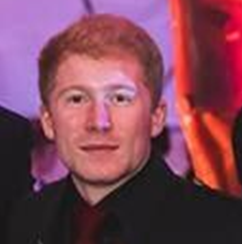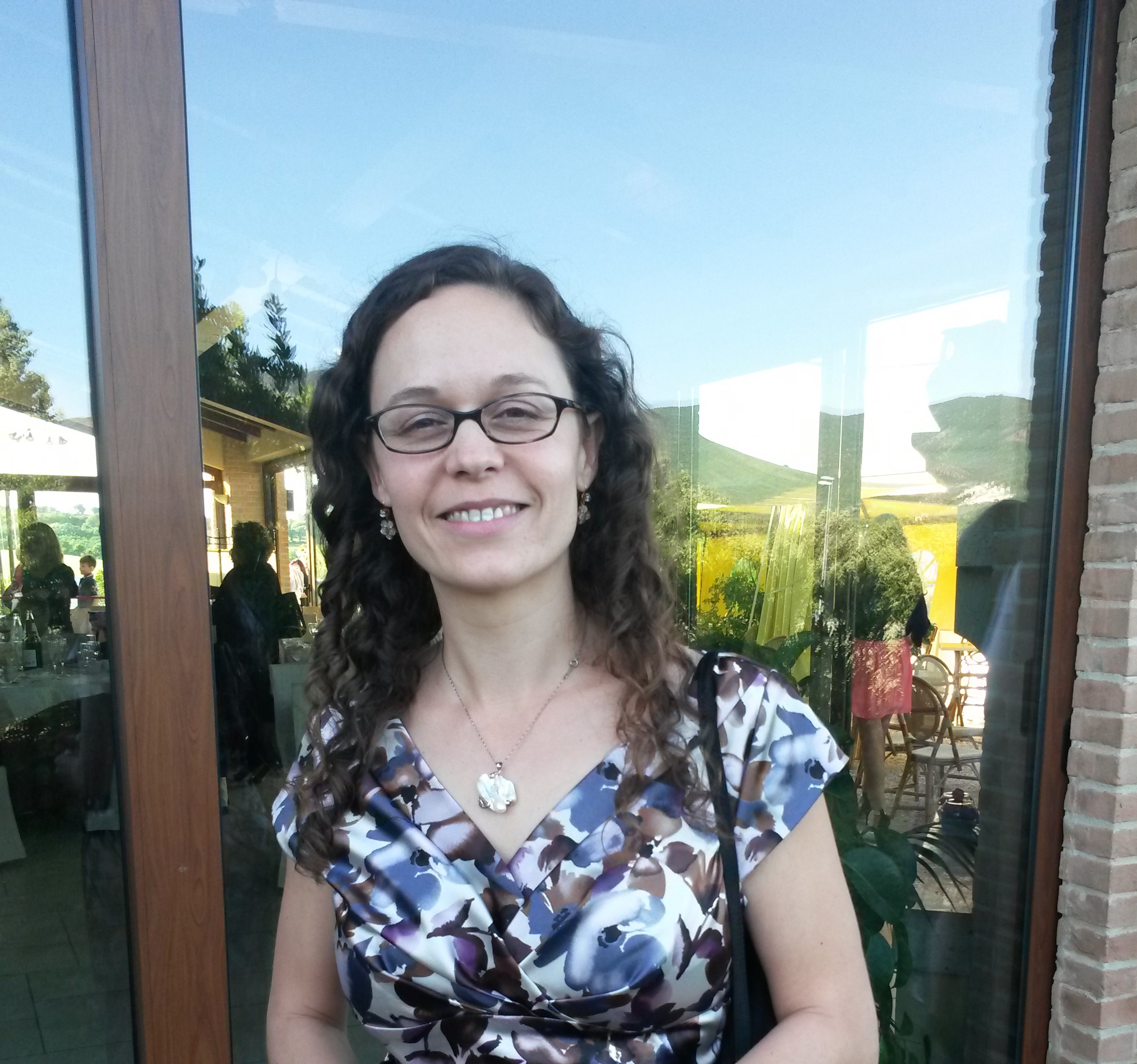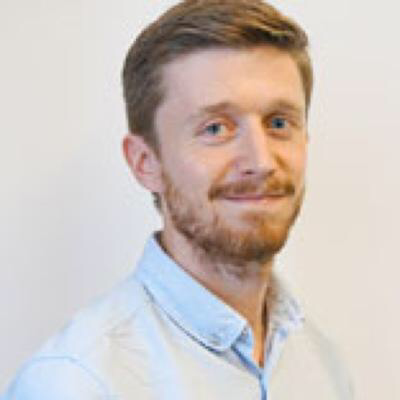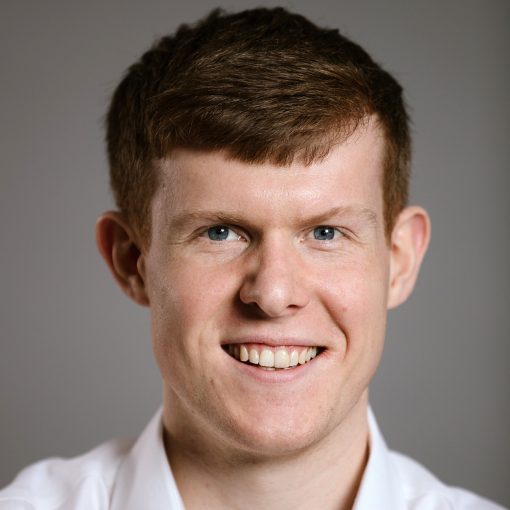MEng Engineering Science, University of Oxford
| Consultant | |
|---|---|
| Chartwell Consulting | |
What is your background?
I completed an MEng in Engineering Science at the University of Oxford in 2013. Thereafter, I started a graduate scheme at a major oil and gas company before deciding that I wanted a new challenge, so I joined Chartwell in October 2016.
Why did you move away from academia?
I enjoyed writing my dissertation in fourth year, but I chose to leave academia in favour of industry because I wanted to work in an environment where results could be achieved quickly, which a DPhil could not offer me.
How did you prepare for the work at Chartwell?
Our first week was an intense course of classroom training where we were taught Chartwell’s core methodologies and the skills we would need for our first week on site. This included how to approach complex problem solving with data-driven approaches and how to record data while studying a process. Week two was spent in a chemical plant which processed water rather than chemicals to provide a safe environment for trainee operators and soon-to-be consultants to learn. Here, we applied our newly-learnt problem-solving skills to technical problems, like those that we would face on-site. We were joined by clients from Chartwell’s previous projects and got to experience working alongside clients for the first time. Before long, the training period was over and it was time to begin our first week on-site.
What is the work like?
The work at Chartwell is varied and the way I spend my time therefore varies week-by-week and project-by-project. So far, in my first nine months, my projects have ranged from increasing output in a metal fabrication workshop, to reducing waste in a fabric production factory. In any given week, I could be training a client team in our methodologies, studying a line to understand how it operates and to capture details previously unknown to the client, or solving a technical problem in a factory. What I do know for certain is that I will be working closely with a client team, that are often experts in their field, to deliver real, measurable and lasting change for the organisation I am working for.
Tell us about a typical week.
Monday to Thursday each week is spent at the client’s site. On Fridays, the UK-based team all work in our London office. Each month, two of the Fridays are dedicated to training. This is a great opportunity to practice a specific skill or part of the methodology through case studies which are written and delivered by other consultants in the firm.
What is the company culture?
Working at Chartwell pushes you to develop at the fastest possible rate. You are continually challenged, but in a supportive environment. I have developed more as a professional in nine months at Chartwell than in three years at my previous company. Feedback is part of the culture at Chartwell; everyone at all levels is expected to both provide and receive feedback, so we can all continue to learn. Since joining, I have learnt to approach problems using a more methodical and structured approach. My ability to succinctly convey a message in presentations has improved and my time management and organisation skills (which I remember quoting as a strength at interview) have been taken to a whole new level.
The small size of Chartwell was part of its appeal when I applied for a job. It provides junior members of the team with the opportunity to contribute to aspects of the business which they would otherwise not be involved in. For example, running recruitment campaigns and writing training materials. Despite only seeing most co-workers once a week, Chartwell is a close-knit group. After work each Friday we visit a local pub to catch-up in a more relaxed environment. As a group we have run sponsored 10k’s, played archery tag, and even have an annual skiing weekend.
What is your best memory so far?
I have been tremendously lucky in my first six months to have worked on a project in the super-yacht refurbishment industry, as well as working on Chartwell’s first American project. However, sunny places aside, my most satisfying moment so far was changing the mind of a night shift operator in a factory about an idea my team had developed. Over the course of a few hours, by listening to the operator’s issues and addressing each of them, I left with the operator seeing the benefit of what the team was trying to implement.
What were your transferable skills?
Time management and organisation skills.
Any advice for current students?
You will not know what you like (or dislike) until you have tried it. If you make choices that give you a broad range of experience and a strong foundation of skills which you can build upon in the future, then you can tweak the specific direction later. It was the broad range of topics studied which attracted me to the Oxford Engineering degree and why I am glad I chose it over more specialist courses at other universities, whilst Chartwell has provided many skills since university.
 Chartwell Consulting helps leading manufacturing and support services businesses to deliver industry beating improvements in productivity, performance and profit.
Chartwell Consulting helps leading manufacturing and support services businesses to deliver industry beating improvements in productivity, performance and profit.
Our team of consultants have many years’ experience delivering operational improvement for a wide range of companies. With offices in London, Berlin, Boston and Zurich, the growing team are led by five partners with over 60 years’ experience in industry between them.
We believe passionately in continuous improvement; our core expertise is the identification and delivery of large and often hidden potential. We repeatedly achieve 20% to 50% improvement in performance in 2 to 6 months. Client leaders testify that we have a hands-on approach that leaves lasting change in their organisations. We will not take on engagements that do not justify our fees and we back up our work with a “no result, no fee” guarantee.
For more information, visit www.chartwell-consulting.com or email Jenny Overton at careers.uk@chartwell-consulting.com.





